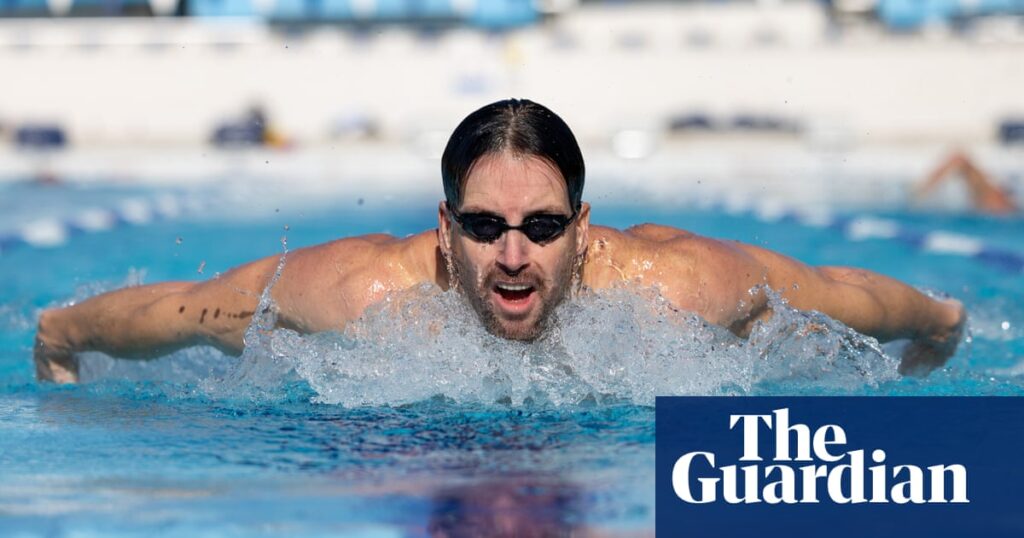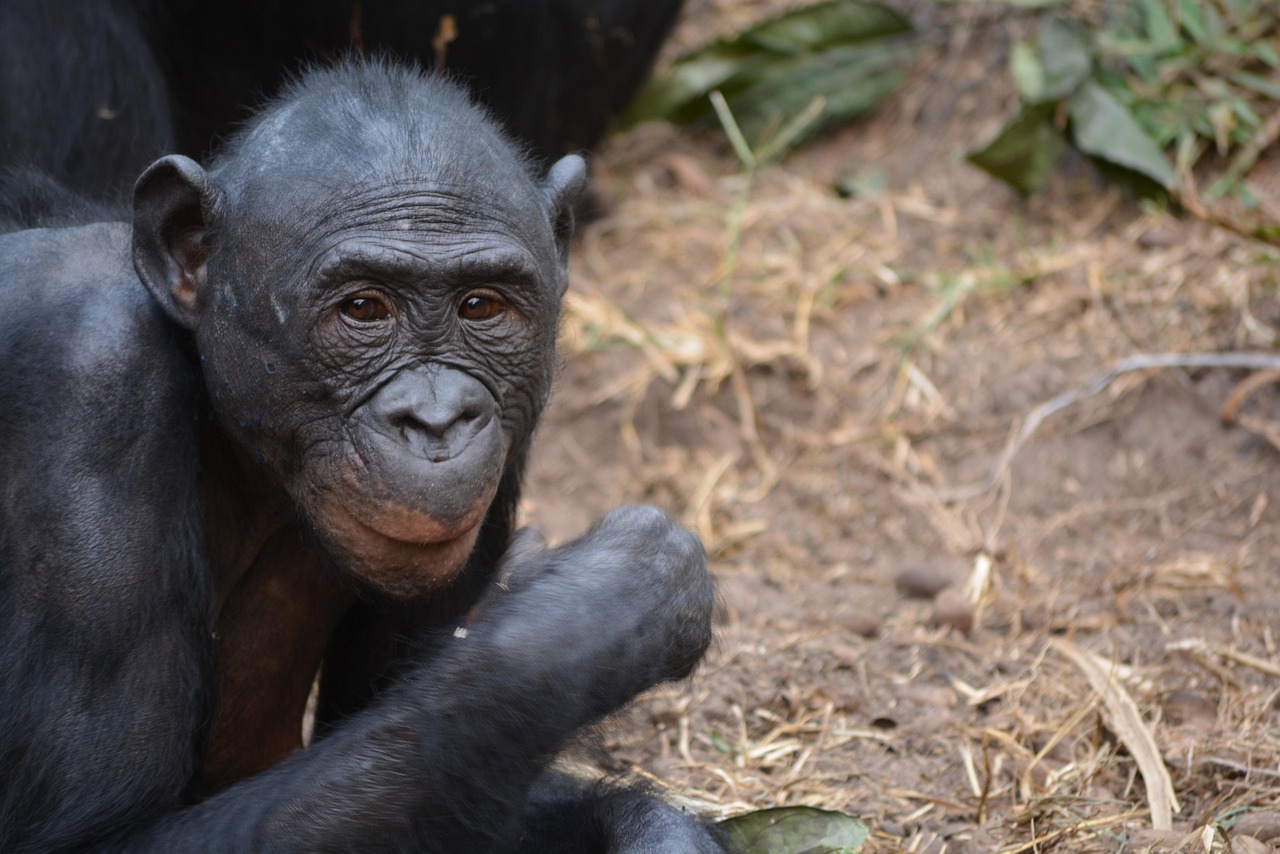
A group of prominent Australian athletes, including former Olympic diver Melissa Wu and Diamonds netballer Natalie Butler, has voiced strong opposition to the Enhanced Games, a new sporting event set to debut in Las Vegas next year. The event, which promises to showcase “superhumanity,” has drawn criticism for its perceived promotion of performance-enhancing drugs.
The inaugural Enhanced Games, scheduled for May, will feature sprinting, swimming, and weightlifting events. Organizers have announced plans for medical screening and individualized health profiling, with oversight by independent scientific and ethics boards. Despite these measures, concerns about participant safety remain widespread.
Concerns from the Sporting Community
Sport Integrity Australia’s (SIA) Athlete Advisory Group, comprising six members, has issued a public plea urging athletes to resist the lure of prize money and maintain their roles as societal role models by competing clean. The group includes notable figures such as rugby sevens representative Ben O’Donnell and gymnast Alexandra Kiroi-Bogatyreva.
“The normalization of performance-enhancing drugs promotes doping as entertainment, putting athletes at risk, and devalues the efforts of those who choose to compete clean,” the advisory group stated.
The group expressed particular concern about the negative influence on young athletes and the health risks associated with performance-enhancing substances. SIA has maintained its stance, labeling the Enhanced Games concept as “dangerous, unethical, and damaging to sport.”
Official Stance and Ethical Concerns
SIA Chief Executive Sarah Benson emphasized the agency’s commitment to ensuring safe and fair sporting environments. “The Enhanced Games is promoting the complete opposite and poses a significant risk to athletes’ health and safety while undermining the fundamental values of sport in Australia,” she said.
The Enhanced Games aims to attract former elite athletes, such as former world champion swimmer James Magnussen, with substantial prize money. Participants stand to earn $777,000 (US$500,000) for each event and $1.55 million (US$1 million) for breaking a recognized world record. Organizers have promised advances in medical science, requiring participants to disclose any substances they use.
Historical Context and Future Implications
The concept of enhanced athletic performance is not new, but the Enhanced Games represents a significant shift in how it is being commercialized and legitimized. Historically, the use of performance-enhancing drugs has been a contentious issue, leading to numerous scandals and the implementation of strict anti-doping regulations globally.
As the Enhanced Games prepares for its debut, the sporting world is watching closely. The event’s approach could set a precedent for future competitions, potentially influencing how performance-enhancing substances are perceived and regulated.
“For athletes considering participation, we strongly urge them to reconsider and fully understand the health risks not only to themselves, but also the influence their choices may have on young athletes who look up to them and emulate their choices,” the advisory group warned.
The newly formed Athlete Advisory Group, established after receiving 70 applications, has made addressing the Enhanced Games its first public act. Their call for informed decision-making highlights the ongoing debate about the integrity of sport and the health of athletes.
As the debate continues, stakeholders in the sporting community are urged to consider the long-term implications of the Enhanced Games. The decisions made today will not only affect current athletes but also shape the future landscape of competitive sports.





